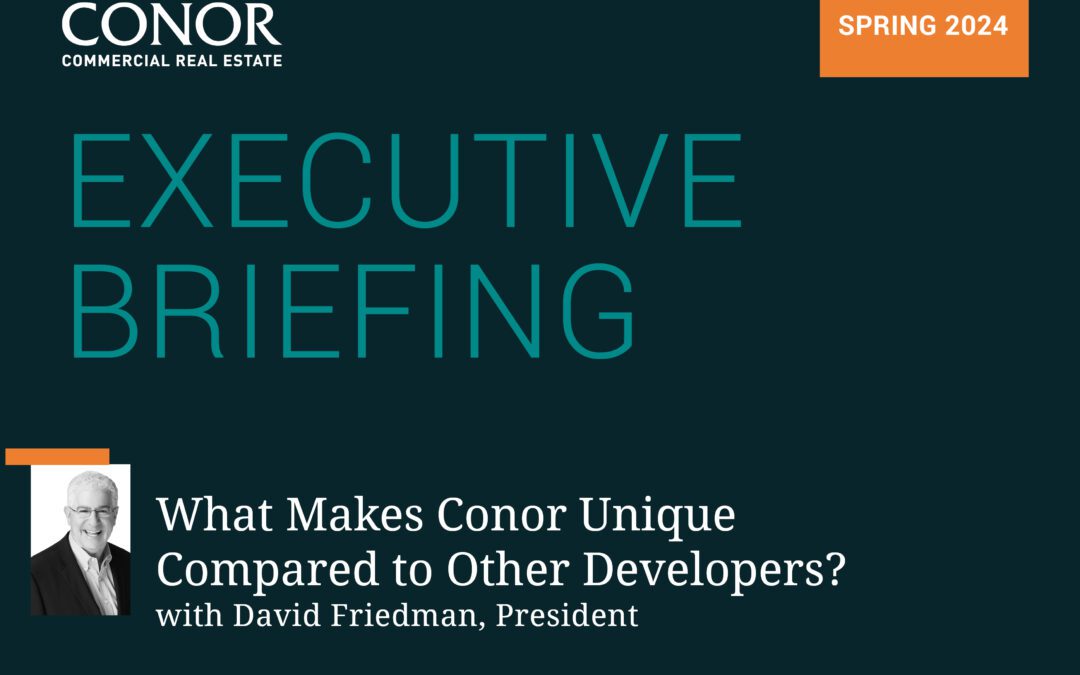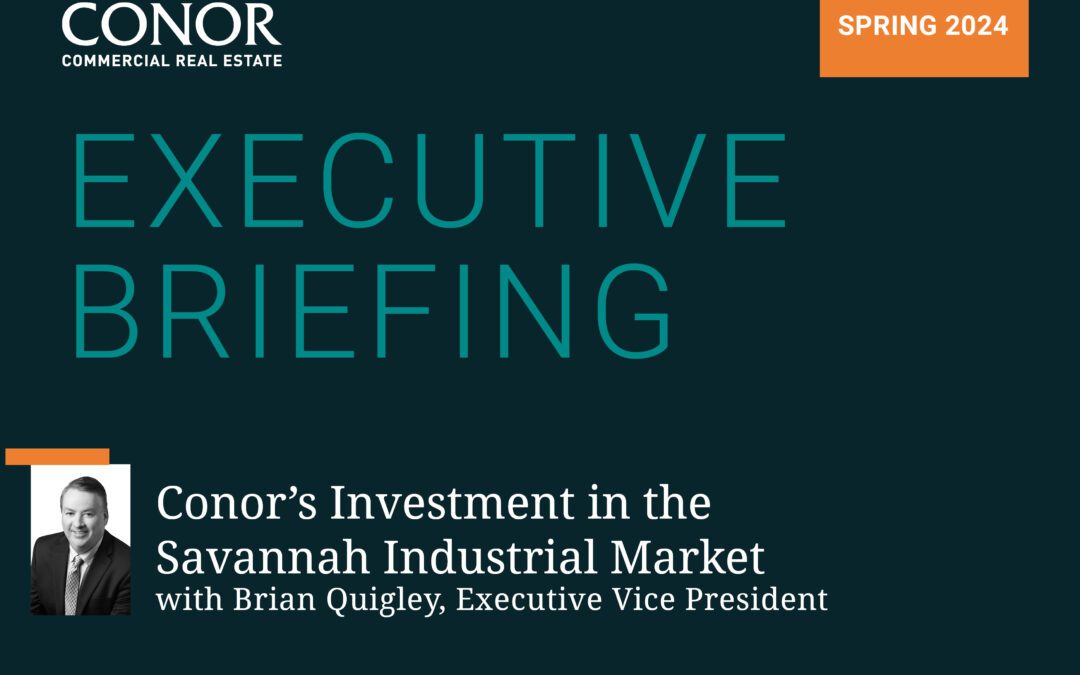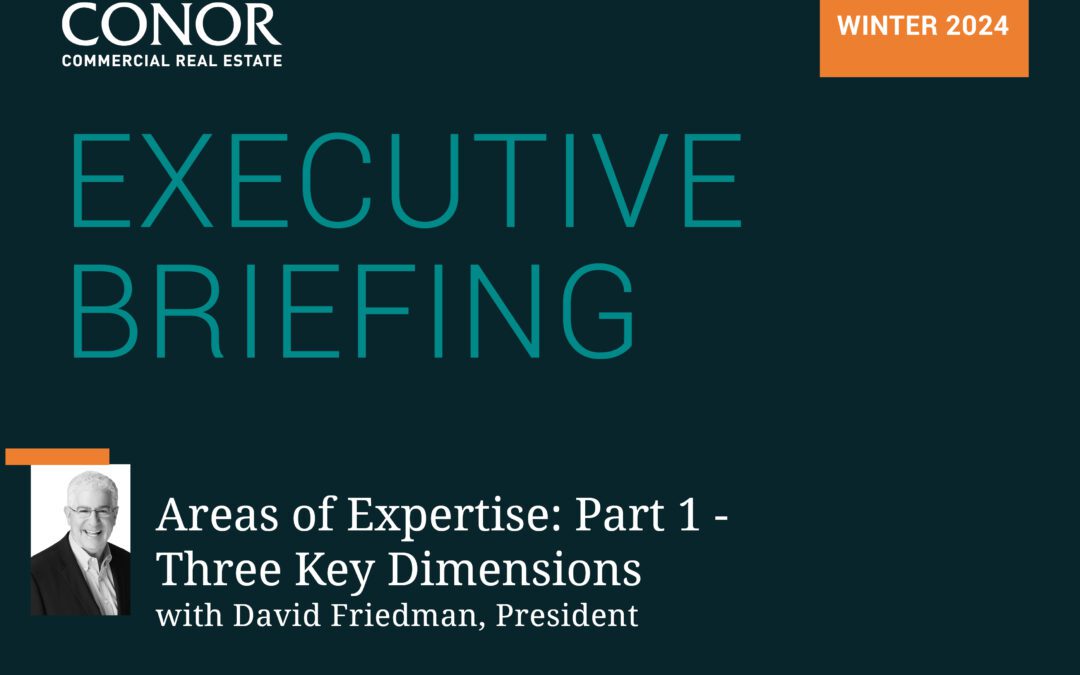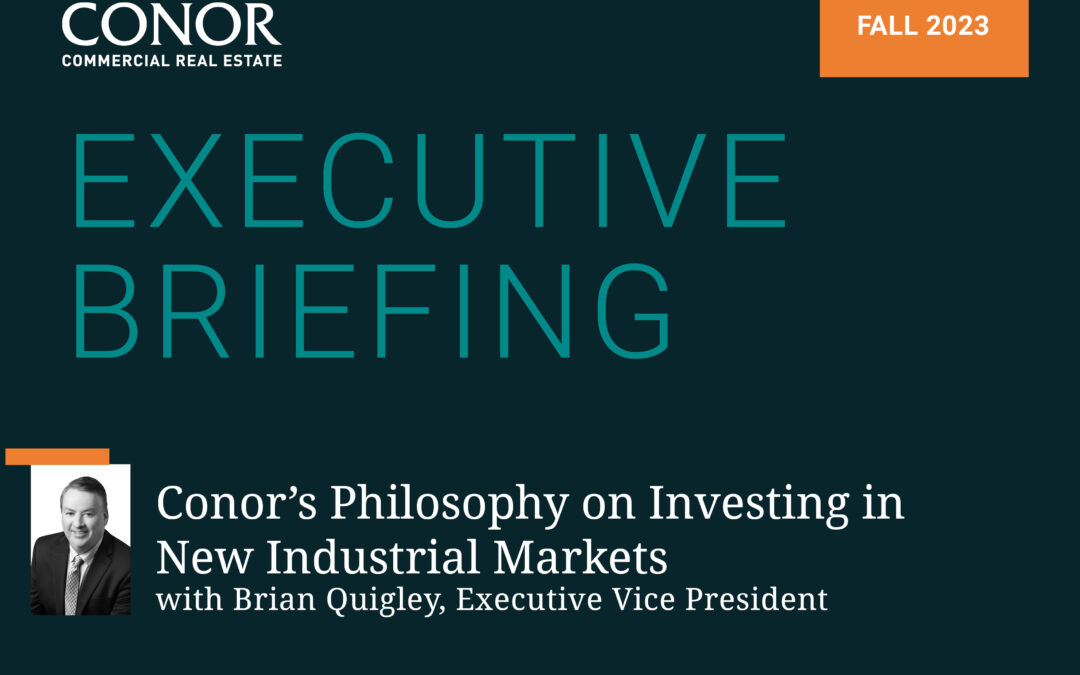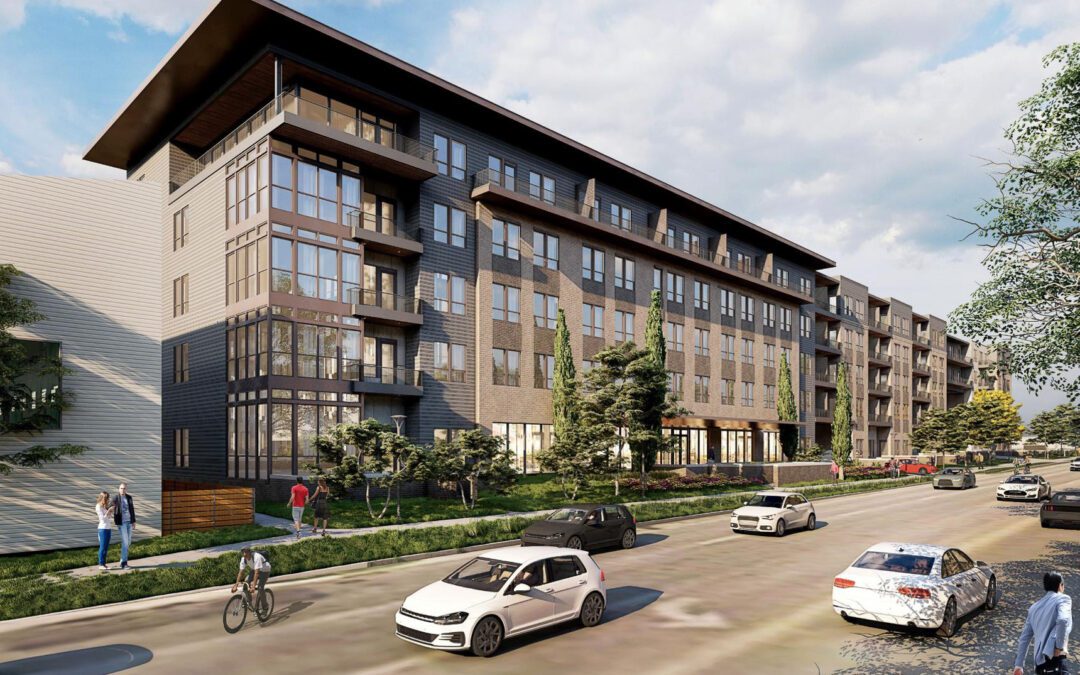
Written by: David Friedman, President
In 2017, I participated in a well-known commercial real estate organization’s intimate gathering of industry leaders from around the nation. A central agenda topic was “How is Your Firm Preparing for the 2018 Real Estate Downturn.” Considerable energy went into the strategies both public and private companies were deploying in anticipation of this imminent cyclical downturn.
I sat uncharacteristically quiet through the session. What crossed my mind was, what does this group of really smart, accomplished people know that I don’t? It was not apparent to me that a cycle change was on the horizon. The group was operating as though it was a fait accomplis.
I asked myself what was happening. Was it an industry reflex that every 7+ years a real estate recession occurs? Group think? It is true that recessions took place in 1990, 2001, 2007-2008 and the real estate downturns followed shortly thereafter. These bubbles were linked to S&Ls, securitization and external factors. What was I missing that left me so out-of-sync with the leadership group?
A year later in 2018, I was back with that same group and had the nerve to pose the question, “what about the recession and real estate cycle downturn?” One person responded that they were tired of talking about the cycle. Some giggled.
It is always stressful to make the claim that something is different, but this cycle seems to be pleasantly different. This is not to say that reversionary tendencies to the mean don’t exist.
The search for bubbles has not turned any up. Economic growth is balanced. Commercial real estate construction lending is being done on rational terms and equity investors are relying on realistic underwriting. This real estate cycle is different because of its length.
What Has Influenced This Protracted Cycle? It’s Not Just One Thing.
Central Bank Policy
The Fed and international central banks have kept interest rates low, which has been an artificial stimulant to world economics and the US has been the biggest beneficiary.
Banking System & FDIC
Bank lending has regulated new supply in a manner to have forced disciplined construction lending. The biggest is capital charges for speculative loans, such as high velocity commercial real estate dating back to 2015, resulting in 150% risk-weightings. Average construction loan-to-cost has been in the 55% area.
Equity Capital Fiduciary Mindset
Equity capital allocations have been made to managers who have demonstrated strong discipline. This partially explains why $300B+/- has been allocated to commercial real estate managers and remains uninvested. Core funds have capped new construction to 10%, on average, of allocations. Largest allocations are to the large, growing markets, which have liquidity.
Domestic Regulation and Tax Policy
Relaxation of domestic regulation, along with the expansionary tax policy has kept the US economy on a growth trajectory.
Strong Job Market
Record low unemployment, sub-4%.
No Surprises
Unpredictable events can lead to economic stress, but the US has not experienced one of consequence. According to Austin Goolsby of the University of Chicago, “If something scares people enough, it can start a recession, and you probably won’t know until it is too late. That’s because recessions are hard to recognize at the start.” In 2001, 16% of economists expected a recession within a year. Now that figure is 25%.
No individual has a monopoly on when and how the real estate cycle will change. Today the catalysts for a cyclical downturn are not obvious. This time around, the recession every seven years paradigm has been broken.
In this environment, Conor’s strategy has focused on multi-family and industrial real estate development in infill locations where transportation, population, labor and executive housing are present. Continued e-commerce growth will fuel continued demand for industrial facilities and ought to buck the impact of the unexpected recession.

